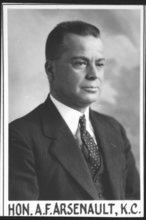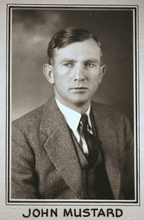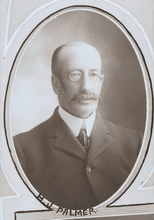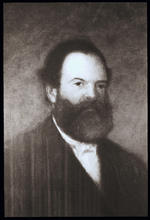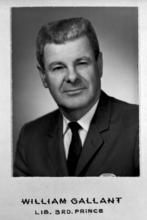To provide additional context, biographies of Members of the Legislative Assembly (MLAs) for the period 1873-1993 have been included on this site. We would like to thank the Association of Former Members of the Legislative Assembly of Prince Edward Island for allowing us to use Minding the House: A Biographical Guide to Prince Edward Island MLAs, 1873-1993 (Charlottetown: Acorn Press, 2002) as the source of this biographical information. Where possible, images of MLAs from the collection of the Public Archives and Records Office have been added to the biographies. For information about these images, please contact the Public Archives and Records Office directly.
Please note: Because the biographies deal primarily with the political careers of members, they should not be considered exhaustive. PEILDO is not responsible for any errors that may appear in the biographies.


